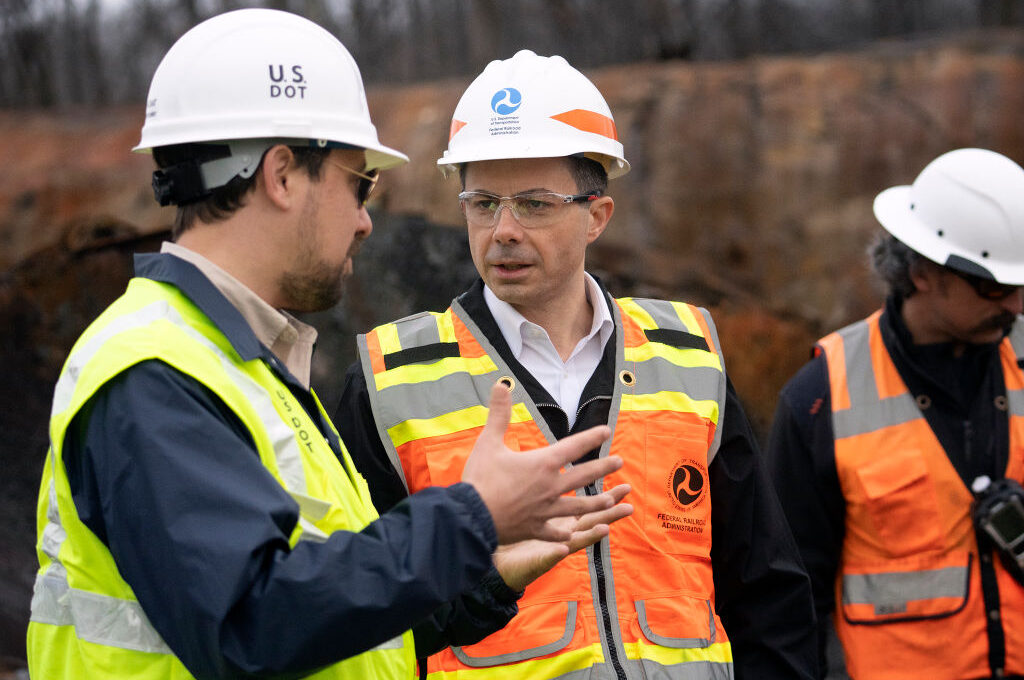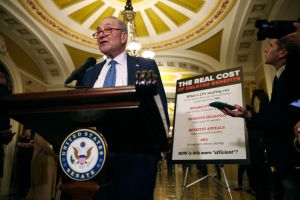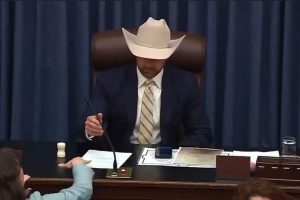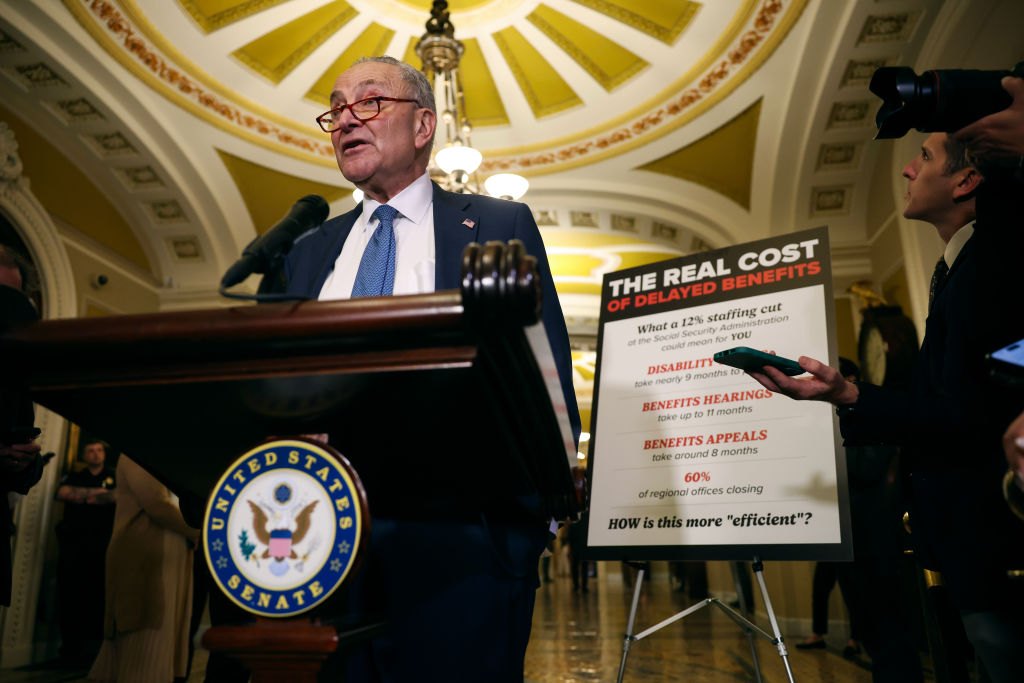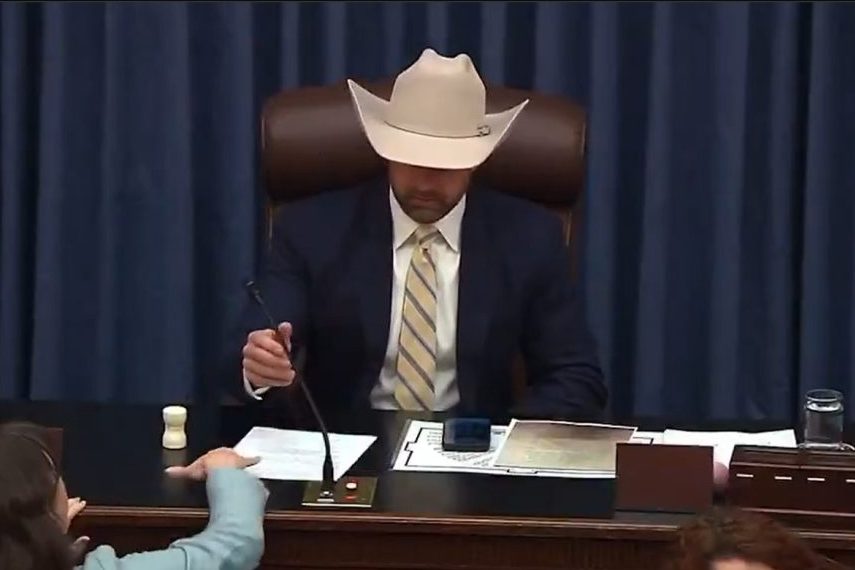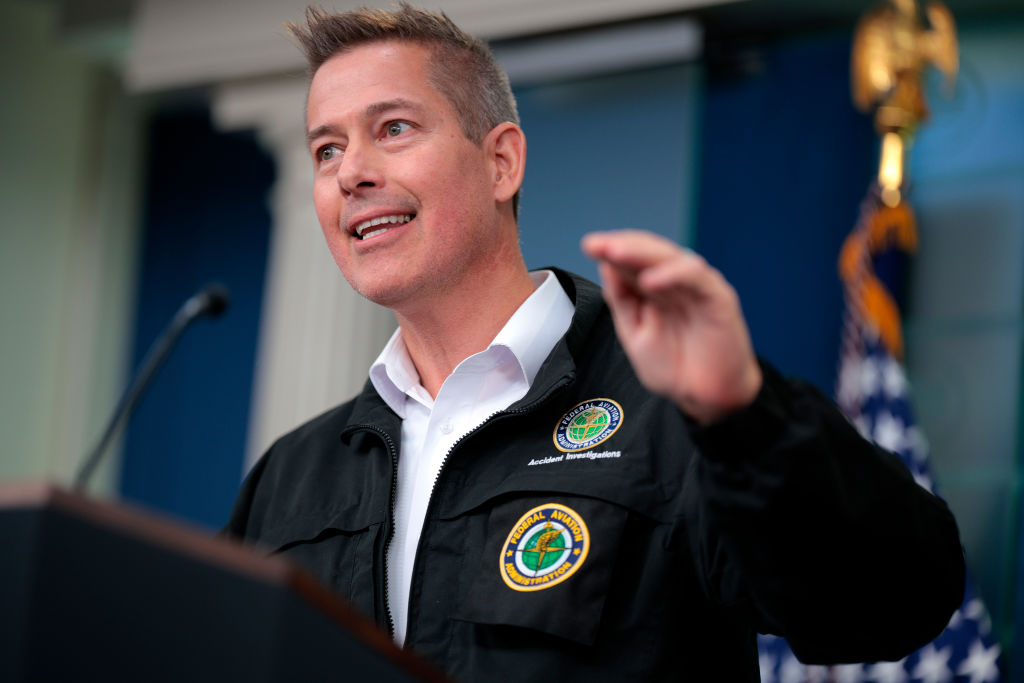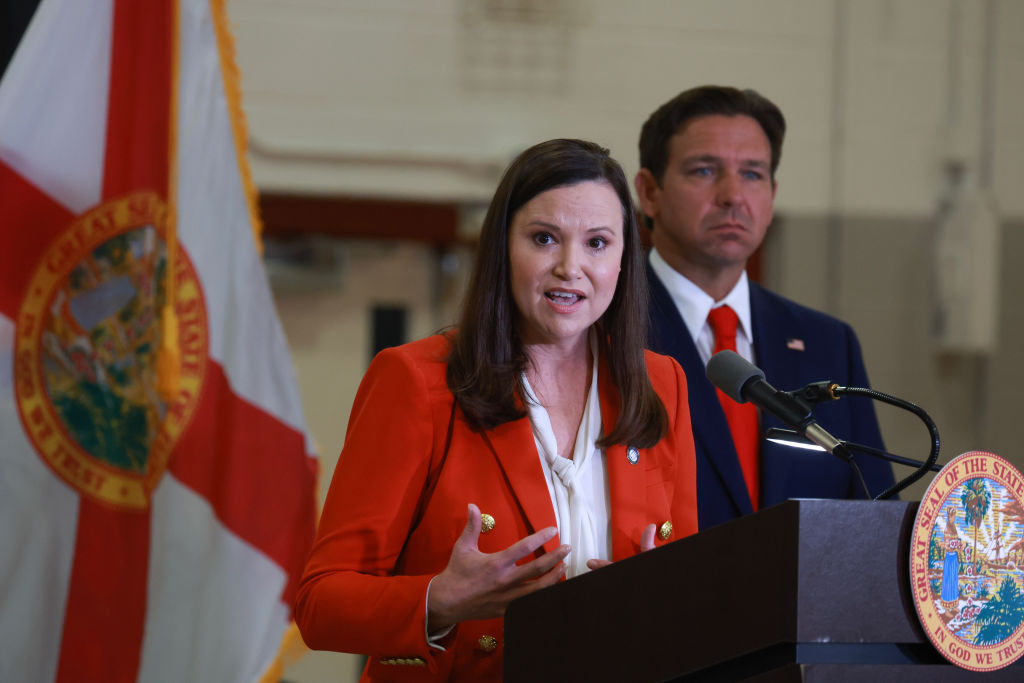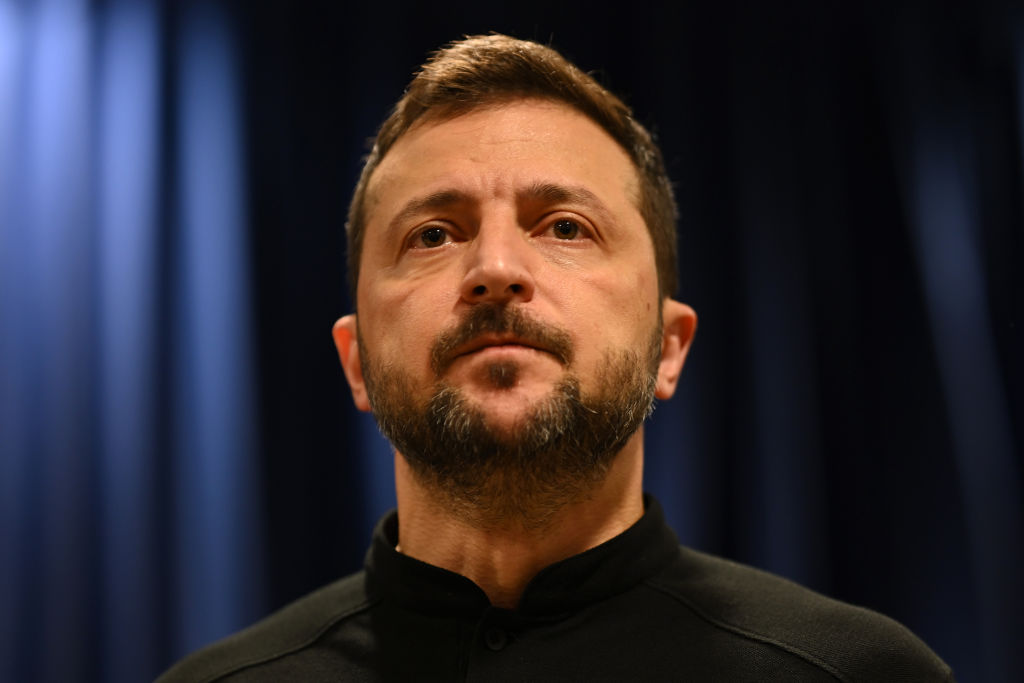Out of Politico last week came news that the global village’s Mayor Pete isn’t happy with the heat he’s been taking over the train derailment in East Palestine, Ohio. “Pete Buttigieg has taken a lot of bullets for the president on this,” an anonymous senior Democrat grumbled of the transportation secretary. That quote came in an article bearing the headline: “Buttigieg world frustrated at GOP attacks over train wreck.”
All of which raises a question: Buttigieg world? Is there a Buttigieg world now? I understand the use of the term Clinton world, given that the Clintons have accumulated so many clients and hangers-on as to constitute their own Central American-style cartel economy. Likewise Trump world, which is currently on a planetary collision course with DeSantis world.
But Buttigieg world? Other than Pete, his husband, and the Southwest Airlines listserv that notifies you your flight has been canceled, who actually lives there?
Still, there is real consternation with Buttigieg at the moment. Just as he vanished back in December as airline delays were snarling Christmas travel, so too has he been scant regarding the crisis in Ohio. It wasn’t the president or the secretary of transportation who made it to the rail crash first; it was the former president, Donald Trump, who showed up in East Palestine last Wednesday bearing Trump-brand bottled water. Biden and Buttigieg were slow to the uptake; the president isn’t even known to have his own bottled water franchise. And when they did weigh in, it was to spread disinformation about a Trump deregulatory initiative supposedly being responsible for the accident.
Buttigieg’s slow-mo reaction is bad optics. Rural towns like East Palestine already feel neglected by mainstream politics, with only Donald Trump a possible champion amid a system that’s widely perceived to overlook them. As my colleague Teresa Mull has reported, the atmosphere in East Palestine right now is one of profound distrust — towards the government, the rail company, the descending swarms of journalists. To put off the crisis until tomorrow, to pay it a fraction of the attention that was given to the killing of George Floyd or the Great Smirking of the Covington Catholic kid, will only feed that alienation.
Yet am I the only one who actually feels less safe now that Buttigieg has gone to East Palestine? Am I the only one who watches him traipsing about in dress boots and a button-up Oxford and starts looking over my shoulder for other train cars about to pounce?
Perhaps uniquely among first-world peoples, Americans are skeptical of their government. But that skepticism coexists uneasily with another tendency: that of turning government officials into totemic figures. The presidency, as Gene Healy has said, is often regarded like a cult (remember when Obama was the messiah?). So it is that whenever something terrible happens, we don’t just ask for accountability. We demand that the administration be omnipresent, visit the scene, respond, emote, embody a nation’s pain and frustration. And if they fail to rectify the situation, we want a scapegoat and a sacrifice.
The best example of this was the luckless Michael Brown, who was George W. Bush’s FEMA director in 2005 when Hurricane Katrina hit. The response to that disaster was, of course, flatfooted, with images spilling out of New Orleans of refugees trapped on roofs. And as the clock ticked, as the crates of food never seemed to arrive, the chattering classes settled on a culprit in Brown, the spoiled connoisseur of Arabian horses who was only there as a crony of the president. Of all the statements that damaged Bush during the disaster, it was his homespun declaration of support for Brown — “Brownie, you’re doing a heck of a job” — that became the most toxic. Two weeks after Katrina made landfall, Brown resigned.
No one is going to defend the government’s response to Hurricane Katrina. But it’s also true that a city sitting in a land bowl beneath sea level had been walloped by a monster storm that had destroyed its levees and sent its state and local governments into squabbling chaos. Brown could have done more, to be sure, as he himself acknowledged in his memoir. But he also couldn’t have co-opted all of Louisiana or broken the laws of physics. Given the extraordinary circumstances of the Katrina disaster zone, the logistics were always going to be daunting.
Likewise in East Palestine. The derailment isn’t the fault of Donald Trump — Politifact shot that down on Friday. And Pete Buttigieg getting lost in a corn maze isn’t going to help anything either. Certainly there needs to be a federal presence on the ground, both to coordinate with local officials and to assess what happened, as the EPA and NTSB are presently doing. There are also measures that need to be discussed in the interest of preventing future derailments, such as more hot-box detectors along railways, which detect overheating parts like the Norfolk Southern train’s faulty wheel bearing.
But it isn’t clear how descending the formidable Buttigieg world onto the good people of East Palestine à la the moon in Majora’s Mask is going to clean up anything. Credit the president with some common sense here: asked why he wasn’t planning to visit East Palestine, Biden answered that “there was not a request for me to go out.” Just so, Joe, just so.



